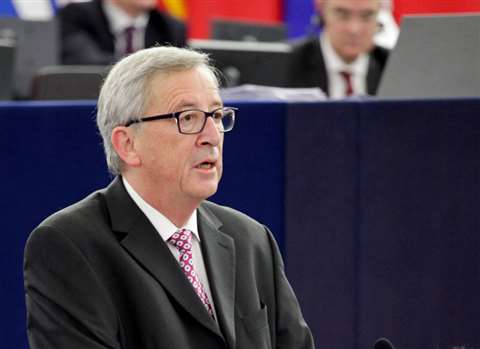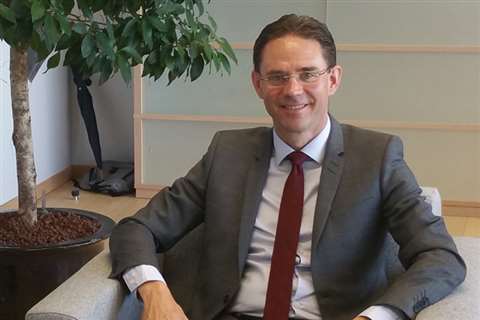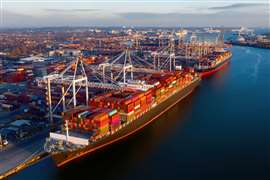Juncker plan agreement
19 September 2017

An agreement in principle has been reached on the extension – in duration and capacity – of the Investment Plan for Europe, a year after it was proposed.
Just before European Commission President Jean-Claude Juncker’s State of the Union speech, the Parliament and the Council came to a political agreement on the plan.
The agreement is based on a compromise on the financing terms for the increase – from €16 to €26 billion – in the public guarantee provided by the European Fund for Strategic Investments (EFSI).
FIEC (the European Construction Industry Federation) said that although the Parliament did not want more money to be taken from existing budget lines, it had finally agreed that €275 million could be taken from the Connecting Europe Facility (CEF) and €25 million from the Marguerite energy and climate fund, sparing the Horizon 2020 framework programme for research from any cuts.
In line with the initial position of the Parliament, FIEC advocated that the CEF should not be used to finance the EFSI, as it would be detrimental to transport and energy infrastructure projects which require EU grants.
This agreement has to be confirmed at a forthcoming inter-institutional negotiation session to be held in early October, so that Parliament can approve it in its plenary session by the end of October.
The EFSI’s initial three-year timeline (2015 to 2018) will now be extended to 2020, which is the end of the current Multiannual Financial Framework.
The Commission said the target of investment to be triggered was increased from €315 billion to at least €500 billion by 2020, and that the European Investment Advisory Hub would play a bigger role in providing technical assistance to project promoters at a local level. By doing this, it is hoped that even more regions and sectors will benefit from EFSI support.

The EFSI will also reach new sectors such as sustainable agriculture and fisheries as part of the overall emphasis on financing projects in line with the Paris Agreement COP 21 targets to transition towards a low-carbon economy.
Benefit
Commission Vice President Jyrki Katainen, responsible for jobs, growth, investment and competitiveness, said the new agreement meany that the new and improved European Fund for Strategic Investments – or EFSI 2.0 - would benefit European citizens until at least 2020.
“The EFSI has already reached all 28 Member States, supporting key public and private investment projects and financing a huge range of small businesses and start-ups,” he said.
“With its increased firepower and duration, the EFSI will continue to be an important driving force in the EU’s economic recovery.”






